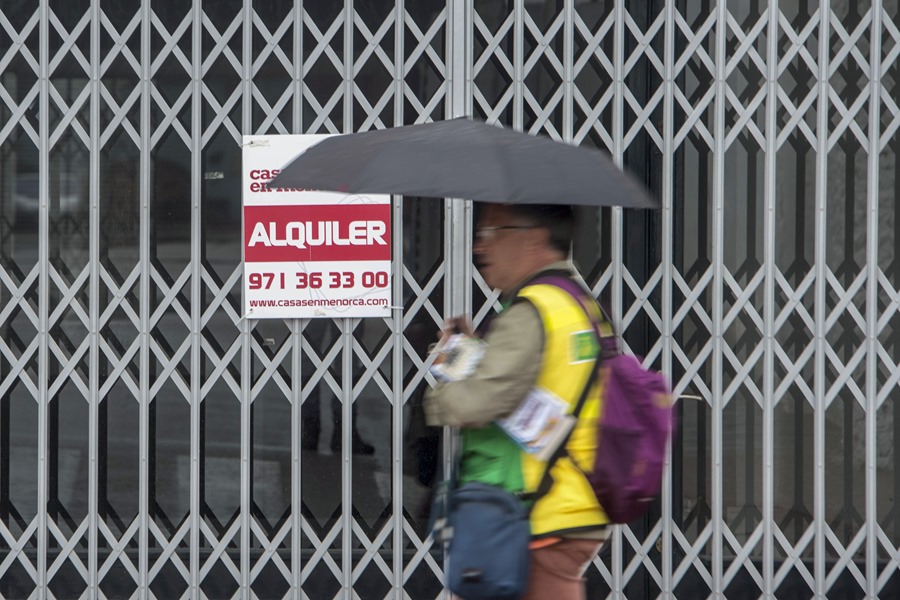Laura Ramos |
Madrid (EFE).- The worst forecasts for the real estate sector have come true with the final approval of a housing law that promoters, economists, property agents, portals and large landlords consider will generate a new black rental market in Spain.
The operators and businessmen of the sector move between discontent, anger and concern about the interventionist measures of a text that raises blisters and that they receive as a grievance, just when they believe that they were beginning to shed the stigma of the bubble socially.
political bargaining chip
“We see that just pronouncing our last name causes repellents to the left-wing parties that have declared war on private property,” lamented a few days ago the president of the General Council of the Official Associations of Real Estate Agents of Spain, the Catalan Gerard Duelo, who sees this law as a “political bargaining chip.”
A representative of some 10,000 real estate agents, some 8,000 of them in Catalonia, Duelo has not managed to get the text to regulate this activity and complains that the Government did not even give him the opportunity to speak, in the conversations they held, about the fees that The agencies charge, which from now on will always be borne by the landlord.

“It was a red line”, points out one of his legal advisers and Secretary of Housing of the Generalitat of Catalonia with Artur Mas and Carles Puigdemont, Carles Sala, who has predicted that the housing law will mutate according to the electoral cycle and will be the “new legislative toy of the next governments, as was the education law”.
Queues for rent and black market
The limitation of rental prices that the new Law for the Right to Housing allows for communities and town halls is the measure that is most rejected in the sector, where the conviction is unanimous that it will lead landlords to sell their homes or pass them on to tourist, seasonal or room rentals, in search of greater profitability and security.
With this, they say, the supply will fall precipitously and the black market will proliferate, as they say the precedents in Paris and Berlin have shown.
The executive director of the Foundation for Applied Economics Studies (Fedea), Ángel de la Fuente, spoke last week even of “queues” to rent a flat: “When you impose a lower price than the market price, you will have an excess demand and, therefore, you are going to have tails. Queues or black payments or discrimination against people that the landlord does not like.
The professor of Economics at Pompeu Fabra University and King Jaime I Economics Award winner, José García Montalvo, highlighted in the same discussion that in Sweden, where the rental price is regulated, these “queues have already existed for years and black payments to advance in the queue and move within the queue”.
Effects that are already taking place
From the National Federation of Real Estate Associations (FAI) they assure that the agencies that work with small owners are already noticing this flight of landlords of habitual residence towards other modalities of rent or towards sale, especially in large cities.
In its purpose of protecting vulnerable tenants, the law lengthens eviction procedures for non-payment, with more paperwork and more costs for landlords, which represents another deterrent for owners.
Another expert in the sector, the general director of the Rental Negotiating Agency, José Ramón Zurdo, has warned that the text will have more “unwanted effects”, such as the disappearance of real estate companies and the increase in social and economic inequalities between communities freelancers and tenants.
“Social and economic inequalities will occur between the communities that want to apply the law or not, and within these, ghettos to access a rental in one of the so-called stressed areas, and there will be territorial inequalities because investors and developers will want to direct their investments towards the regions that do not apply the law or towards those areas that do not declare themselves under tension”, he argues.





